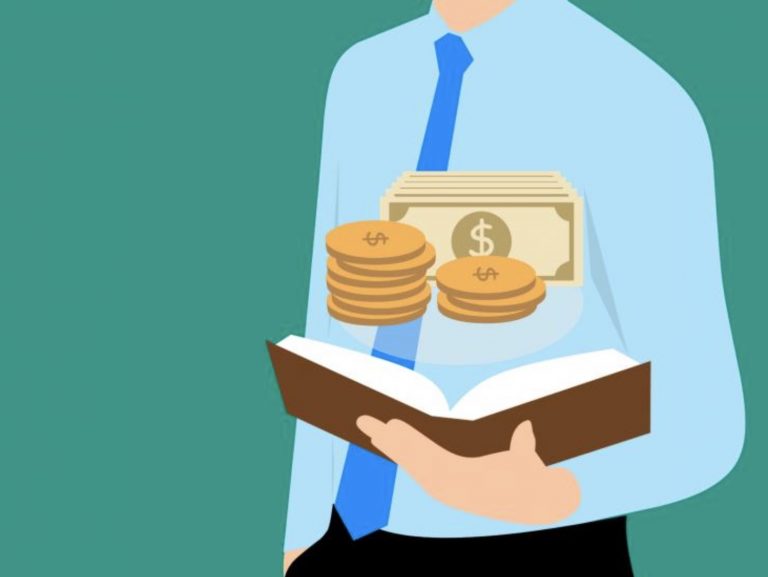Achieving financial freedom requires a lot of work. It’s not something that happens overnight. But if you’re willing to put in the effort, adopting healthy money habits can help get you there. Implementing even one or two of them can make a big difference in your finances.
In this blog post, debt solutions experts Creditfix breakdown these healthy money habits that will help you on your path to financial freedom. Alongside helping hundreds of struggling individuals beat debt each year, Creditfix provide advice on everything from mortgage debt to what are tax credits and more.
Check out the top 10 healthy money habits below:
Story Stages
1. Invest in yourself.
One of the best investments you can make is in yourself. Invest in your education and career development to increase your earning potential. Pursue opportunities to learn new skills and grow professionally. Not only will this make you more marketable and successful, but it can also lead to a more fulfilling life.
2. Live below your means.
One of the key reasons why so few people are able to achieve financial freedom is because they fail to live below their means. Living below your means requires making mindful decisions about your spending and saving habits. It may require making some lifestyle changes, but the long-term financial benefits will be worth it. When you live below your means, you free up more of your income to save and invest.
3. Invest money wisely.
One of the smartest things you can do with your money is to invest it wisely. Investing allows you to grow your money while taking less risk than gambling or speculating. There are a variety of different ways to invest, so research and find an investment strategy that suits your goals and risk tolerance.
4. Create a budget.
If you want to be in control of your finances, you need to create a budget. A budget is a tool that helps you track your income and expenses so you can make informed decisions about your money. When you have a budget, you’re less likely to overspend or make impulsive purchase decisions.
5. Build an emergency fund.
An emergency fund is a savings account that you use to cover unexpected expenses, like a medical bill or car repair. Having an emergency fund protects you from going into debt when unexpected costs arise. Aim to save enough money to cover three to six months of living expenses.
6. Pay off high-interest debt.
If you have debt with a high interest rate, it’s important to focus on paying it off as quickly as possible. The sooner you can get rid of high-interest debt, the less money you’ll waste in interest payments. Once you’ve paid off your high-interest debt, you can focus on paying off other debts or saving and investing.
7. Save money regularly.
Saving money is key to achieving financial freedom. You should create a budget and make saving money a priority. Automating your savings can help you make consistent progress toward your goal. Try to have at least three to six months of living expenses saved so you know you can cover your bills if you lose your job or have another financial emergency.
8. Invest money for the long term.
Investing is one of the best ways to grow your money over time. When you invest, you’re essentially putting your money into something that has the potential to appreciate in value. Over time, this can lead to a sizable return on your investment.
9. Diversify your investments.
When you invest, it’s important to diversify your portfolio. This means investing in a variety of different asset classes, like stocks, bonds, and real estate. Diversifying your investments helps to reduce risk and can lead to higher returns over time.
10. Review your progress regularly.
As you work toward financial freedom, it’s important to review your progress regularly. This will help you stay on track and make sure you’re making the progress you want to be. Checking in on your finances regularly can also help you spot potential problems early so you can take corrective action.
